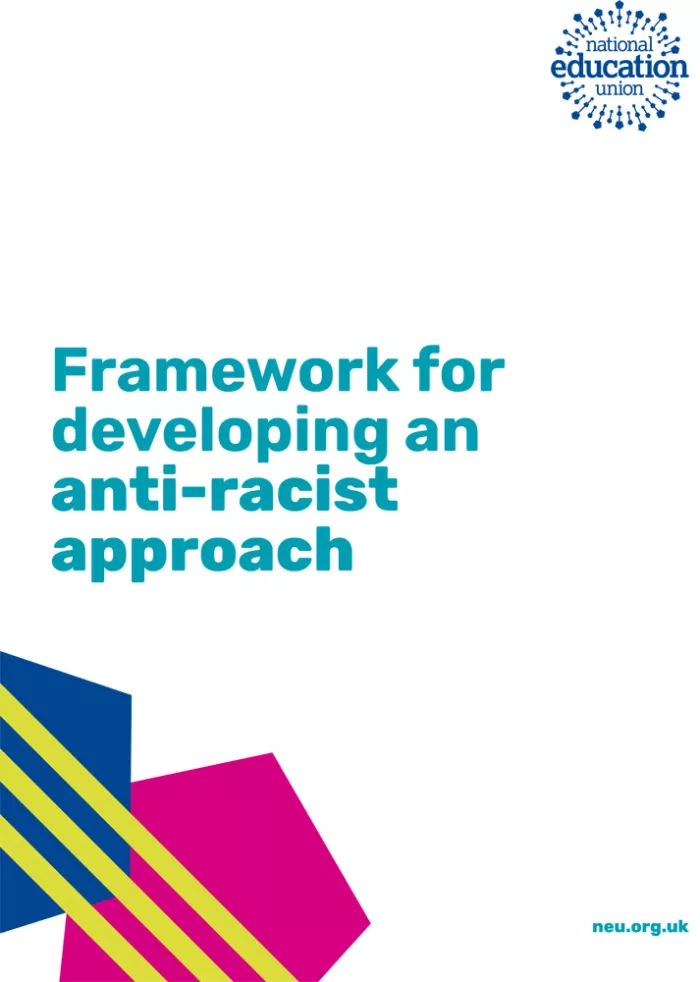Anti racist framework
Internal practice
Duration
Ongoing
Reason it was developed
To understand the lived experiences of members and students and to ensure approaches and solutions are bespoke and not one size fits all. To mainstream inclusionary practices.
Activities
The Framework includes a whole school approach and is bottom up rather than senior management led. It has 5 themes: Leadership; Teaching and learning; power and voice; wellbeing and belonging and community. It includes checklists and a self-evaluative approach.
Results
Train the trainer - across England and Wales ongoing data gathering for evaluation and currently strategising for how to best measure impact.
Funding
Union funded.
Links
Inclusion in schools/education institutes Inclusion in trade unions Inclusion in emergency situations (e.g. COVID 19, environmental disasters, etc.) Gender-based violence and harassment Gender equality linked to wider societal issues (e.g. ageing, migration, political situation, religion) Gender stereotypes Gender-based discrimination Homophobic, biphobic and transphobic bullying and harassment Integration of LGBTI issues in curricula Raising awareness and understanding on LGBTI issues Inclusion of LGBTI members in trade union work Inclusion of students with special needs Xenophobia, racism and prejudices Cultural and social attitudes Linguistic barriers Targeted support for students from migrant/refugee background and ethnic minority groups Targeted support for education personnel from migrant/refugee background and ethnic minority groups Understanding socio-economic disadvantage Supporting students from a disadvantaged socio-economic background
Legislation/policy/strategy/funding Campaign Project Initial and continuous professional development of teachers, academics and other education personnel Publication Digital tools (e.g. e-learning platform, MOOC, website) Curriculum Teaching materials and strategies Discussion/round table Gender quotas regulation Research/collection of data Dissemination of data Social dialogue negotiations on the institutional level Social dialogue negotiations on the regional level Social dialogue negotiations on the national level Exchanging good practices within trade union/with other actors Trade union actions (e.g. demonstration, strike) Monitoring the implementation of equality and inclusion provisions in collective agreements Gender equality/equality structure within trade union Legal counselling and/or legal representation of trade union’s members Equality strategy/action plan Lobbying education authorities